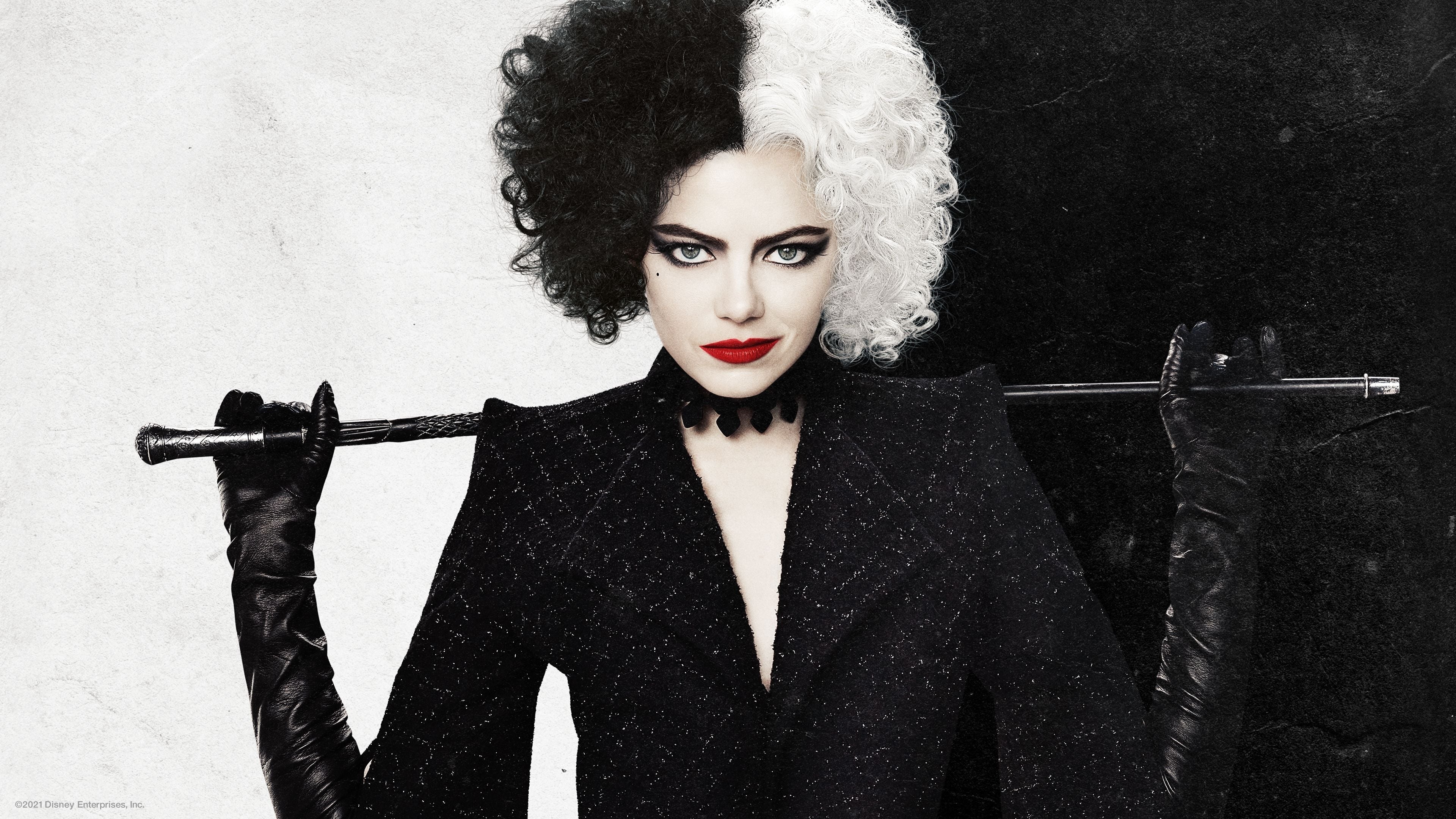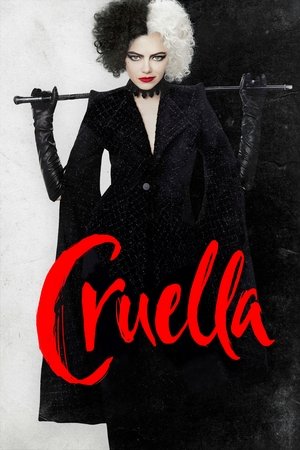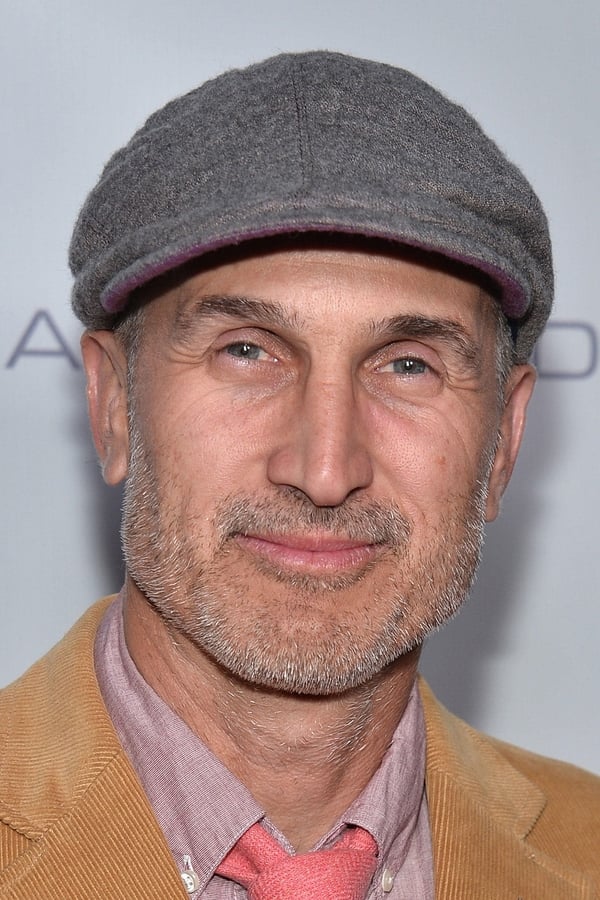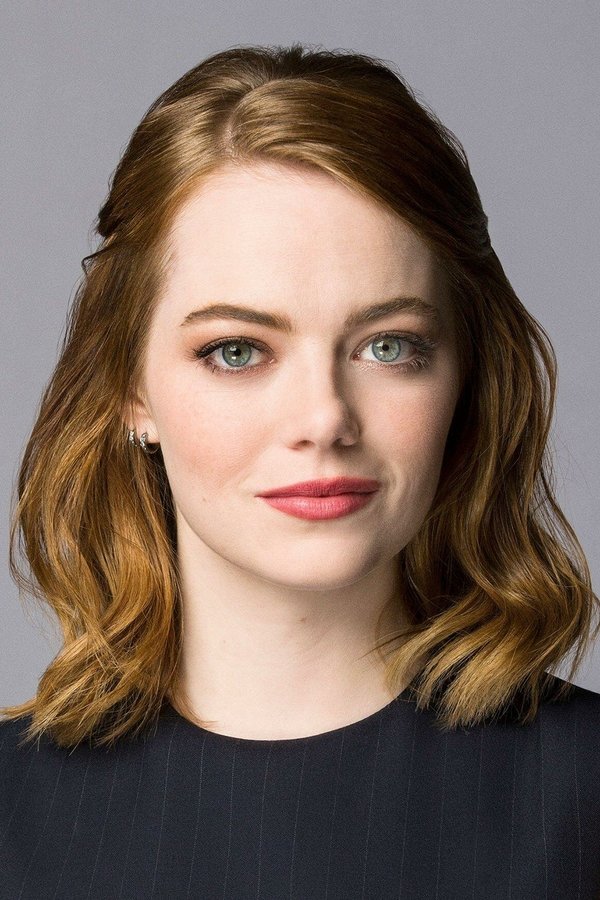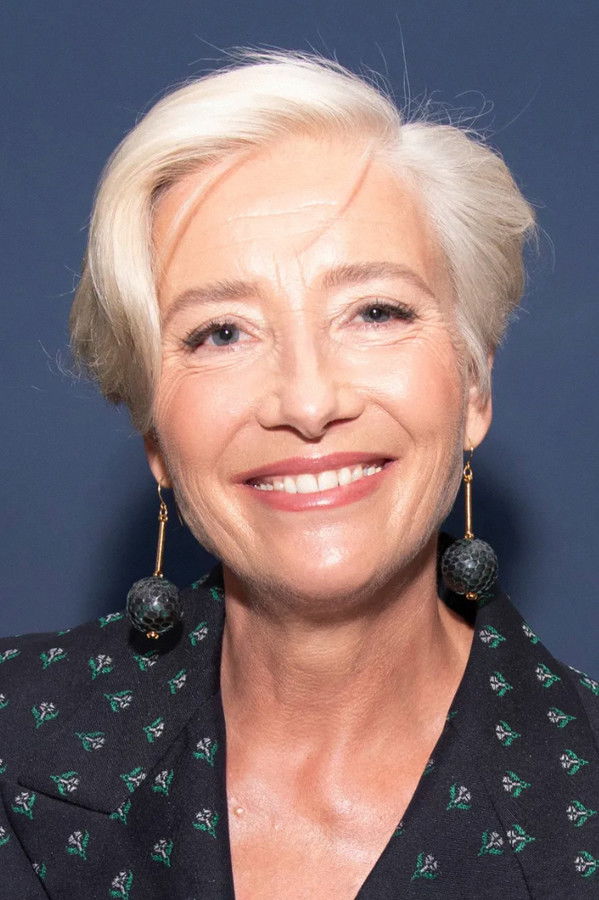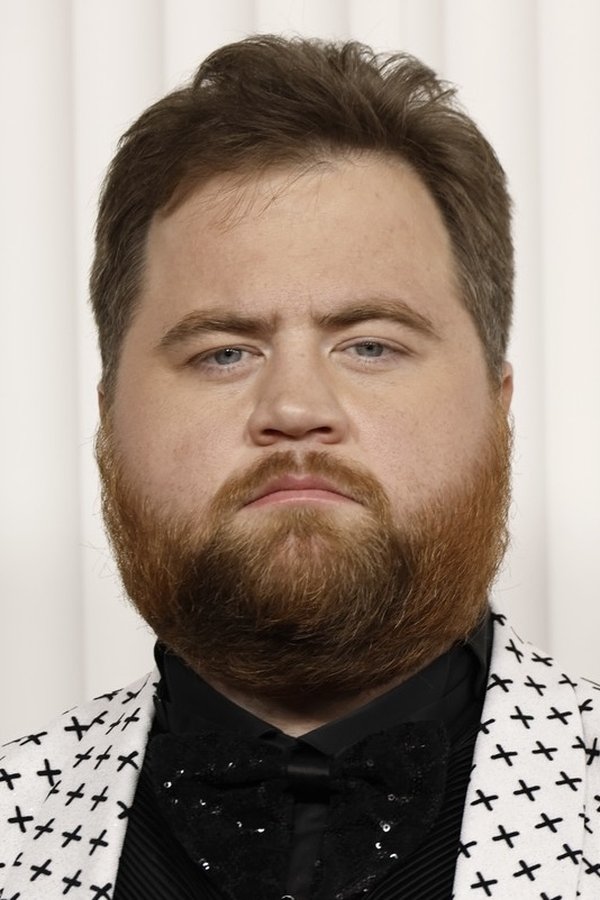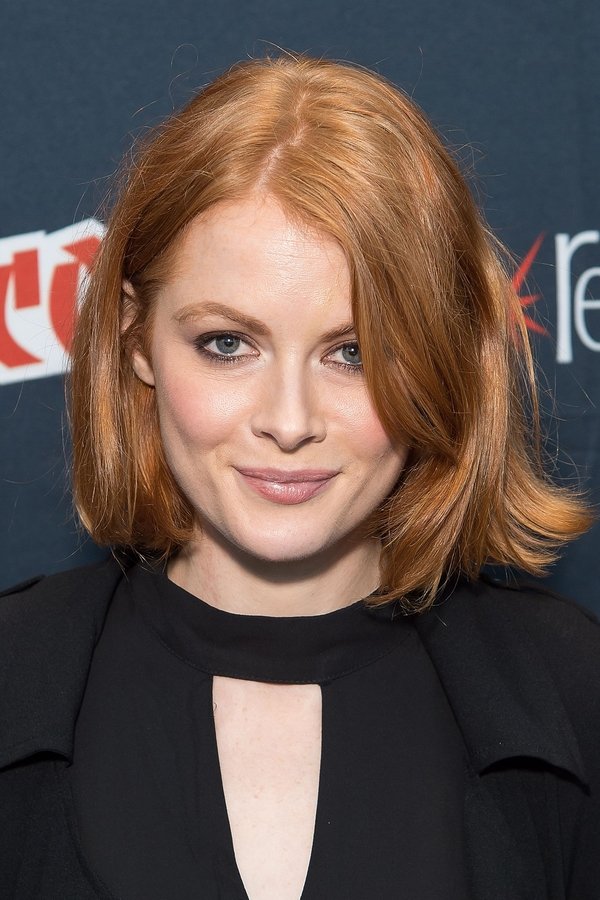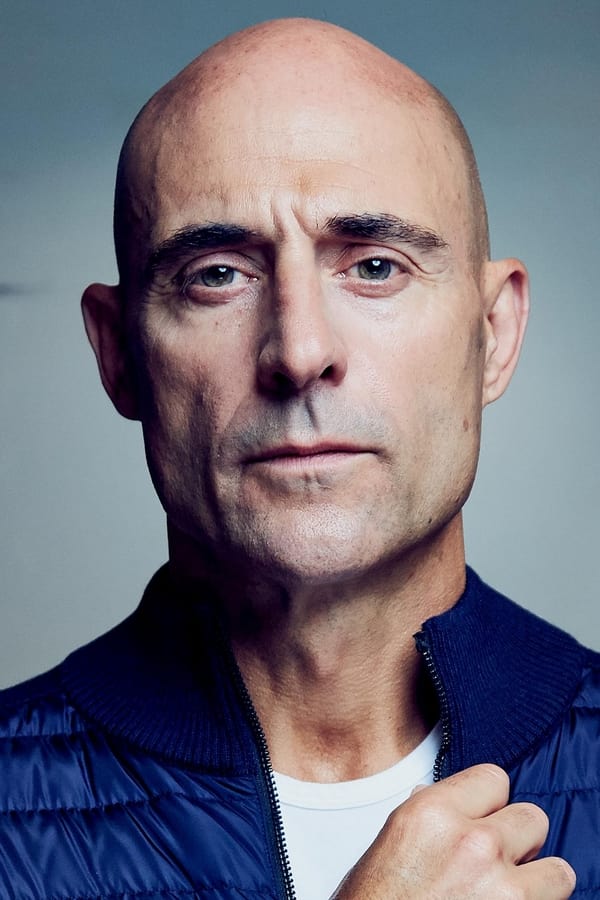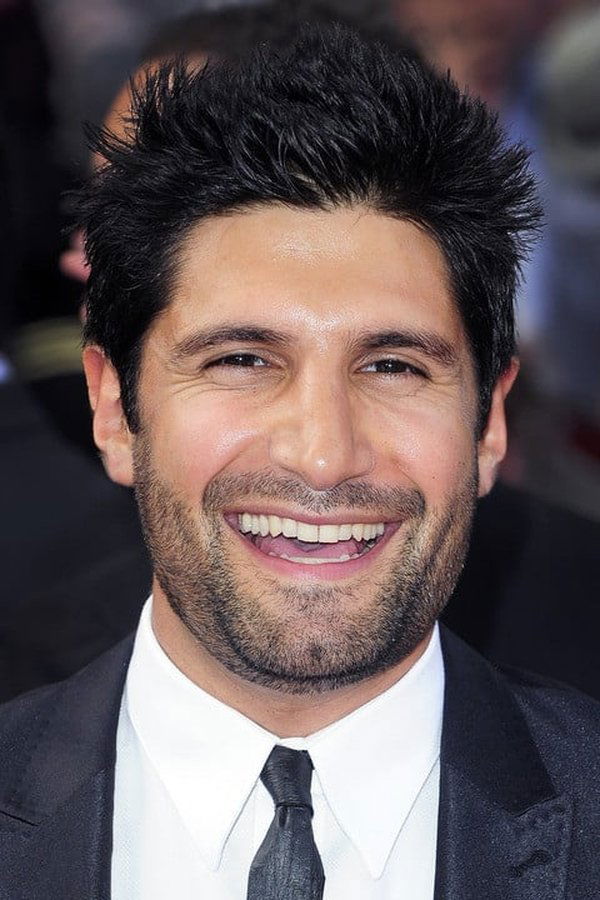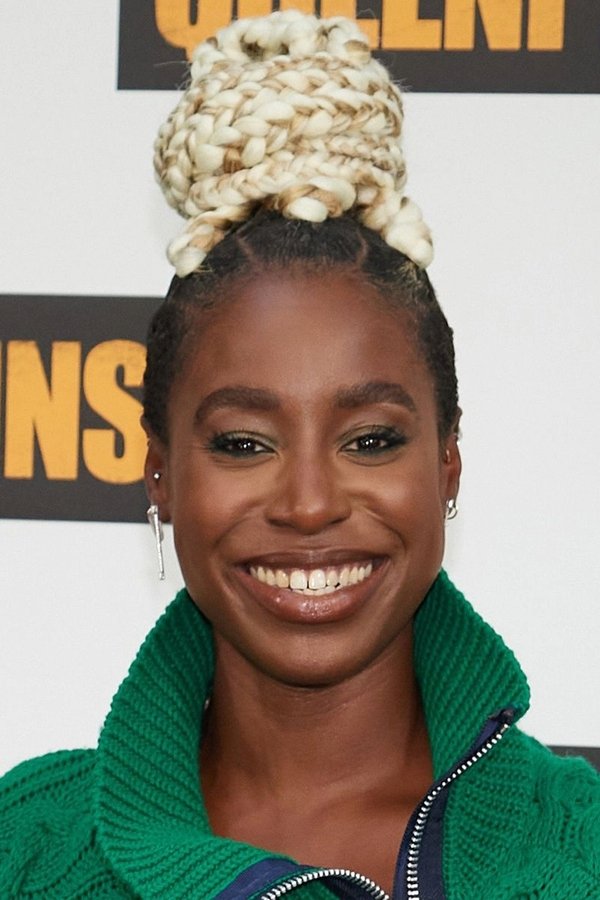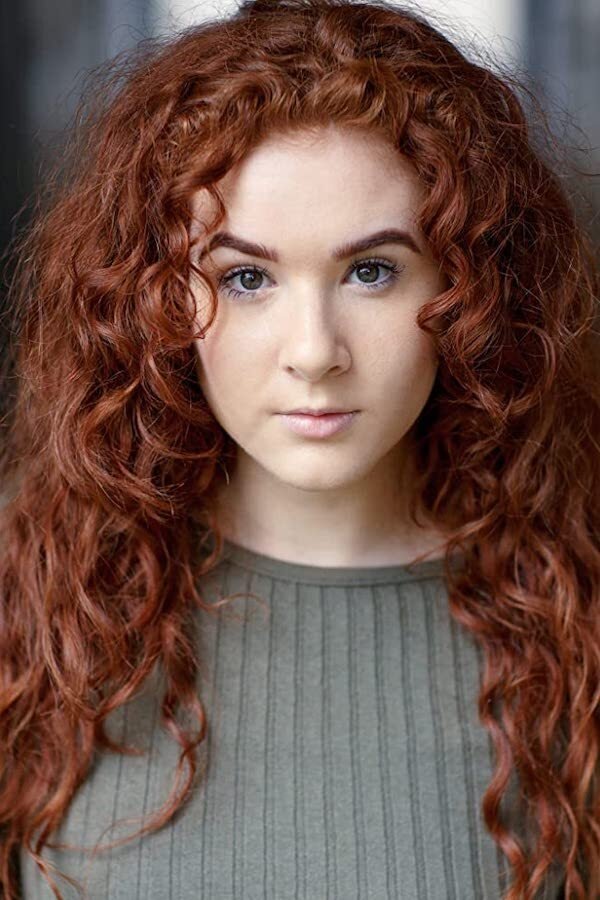There isn't much too much to say about this visually stunning well-crafted movie without giving away a boatload of spoilers. Emma Stone (Estella and Cruella) and Emma Thompson (the Baroness) did not come to play around in Cruella. They embodied the perfect balance of sinister and sincere. Estella went through a great hero's journey, and what a journey it was! From her sob story to her just desserts down to her ultimate come-up, Emma Stone kept this action-packed film on its toes. Since this film was set during the 1970's punk rock revolution in London, her transformation into Cruella was even more interesting. Her wardrobe differences were wonderful and deliberate throughout the entire film. She was the magnetic force that kept the audience's eyes glued to the screen. The sound and art design set the bar with this Disney film live version. If Wicked is our villain of the stage, then no doubt Cruella is our villain on screen. Besides the plot, one could sit through this entire movie just to watch the costume designs!
I liked how the director (Craig Gillespie) kept the overall time period consistent with the dress pieces that Cruella made. I also liked how the women, who were the ones to wield the power and prestige, were constantly surrounded by "imbeciles." All those "imbeciles" were men, of course. What I'm not sure about is the subtle misogynistic undertones that I picked up on. I am completely on board with having female leads, but if we're being honest, they are leading in the fashion industry, something that a majority of men just weren't involved in at the time. It somehow is a lot less satisfactory to see men on screen being "idiots" about something that it isn't typical for them to know about. There weren't any men actually good at their jobs except the butler (Mark Strong), which didn't make sense. The lawyer never did his job (in fact he got fired); security didn't do their job; the kitchen and servants didn't do their job, and so on. The only other man in the film was a drag queen who just wanted to have fun and was down for the party. It begs the question, why was the butler (the lowest on the totem pole) the smartest of them all? While the setup of the movie was nice, if you look deeper at the story, you will find that he pulled all the strings. Cruella and the Baroness literally depended on him the entire movie. Cruella literally would have been dead without him. The Baroness even asked for his advice and he questioned her! You have two women, most feared and revered, in London society, and the butler deemed it fit and was comfortable enough to speak his opinion and interfere with his boss's plans? It doesn't add up. The Baroness was right: "You don't have true power if you have to talk about it." While talking about it, they both inadvertently are telling the audience that neither one has it. So who really had it? The butler never spoke without having meaning and intentions behind his actions. Intentions that really weren't clear? Why did he betray the Baroness? Some of you will say it was out of the kindness of his heart, but I disagree. He got something out of it, it was strategic. He sat on this information the entire film and swooped in when Cruella's life was literally over...what did he gain? The story may have been about Cruella, but would it have really been a story without the butler, a man? Why were all the men in this film essentially useless, except one man who should have been the most insignificant? It seems as if, instead of giving that special spot to the black man (Jasper) or the fat, white man (Horace), who were actually semi-important in Cruella, Disney deemed it fit to put the power into a white, tall, and handsome man's character, no matter if it makes sense to the plot or not. I wasn't surprised, as it isn't uncommon for Disney to do such things. Walt may be gone, but his practices are still very much alive.
As side characters go, Jasper (Joel Fry) and Horace (Paul Hauser) were the typical lackeys who did Cruella's dirty work. Since this movie showed the audience their backstories, it was no doubt that Jasper was going to have a problem with the way things turned out. There might have even been some real love for Estella on Jasper's end. So, him staying and taking the abuse from a woman he invited into his home is very dysfunctional and promotes the false illusion that things can possibly get better instead of taking the situation as is and getting out of that situation immediately. He didn't actually decide to leave until he and Horace escaped jail... or until Cruella helped them escape jail. Even then, he got roped back into her drama. Horace, the fat guy, was just content to eat his way through the entire film. The depiction of overweight people has long been stereotyped, and Disney doesn't fail us with this in Cruella. Horace was content to eat and watch the game, if he did have an opinion on any real matters, we didn't hear it. His only relevance was to add "humor." He was, yet another fat joke. There seems to be no end to the unrealistic characteristics of fat people portrayed in film. When Horace fell into the cake, the decoration that he was holding on to didn't break as soon as he put his weight on it, so it took out the humor immediately. It looked like he had a destination and a goal to be funny. Everyone knows that when someone tries to be humorous or has to explain the joke, the humor just never gets through. Hence the case with the cake. It took us out of the movie and reminded us that we were watching instead of being involved.
While the film did get a bit predictable, there were moments of mild shock bordering on surprise. I did not expect certain outcomes or backstories with the Baroness, but I did know how her story would end up. We always need a villain, someone to blame when things go wrong in one's life. Unfortunately, about halfway through, I knew it was going to be the Baroness. Can you honestly blame her though? She did what most would have done to protect herself and her legacy (maybe not kill, but definitely lie and sneak)...unfortunately the past always comes to collect, whether you're ready for it or not. The Baroness's wild character forces the audience to question: nature vs. nurture. Which one will win? In this case, it was most clearly nature.
